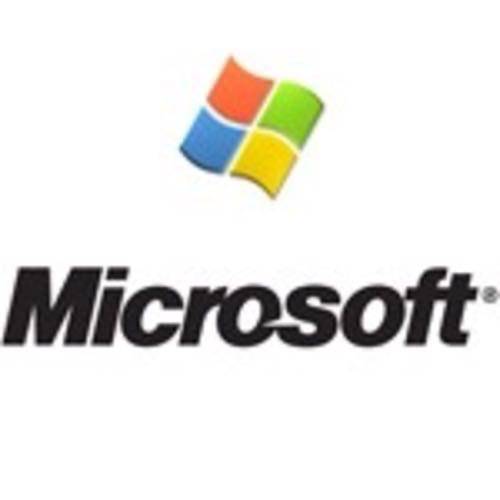
The last two months in the tech world have been abnormal to say the least. Steve Jobs resigned, Google bought Motorola, Microsoft showed off Windows 8 and now uses ARM, Google now uses Intel, the AT&T and T-Mobile merger is on the brink of falling apart, HP stopped making mobile products after spending over $1 billion dollars last year to
start
making mobile products, and Microsoft took a page out of 2013 in the Apple product roadmap, announcing an OS that works on desktops and tablets.
Out of all these stories, Windows 8 may indirectly have the most impact over the next five years.
Micah Singleton is the founder and editor-in-chief of Powered By Tech, a Tumblr-powered tech blog. You can follow him on Twitter at @micahsingleton.
Remember those analysts who said Windows Phone will surpass Android by 2015, and everyone said they were crazy? They may be right. This may have been the smartest move made by Microsoft since putting Office on a Mac. It may have been designed this way, or not, but Microsoft just threw a big wrench in Apple and Google’s product roadmap. It may even cause delays for the giants.
Let’s start with Apple
Apple has been moving toward one OS since the release of the iPhone. With the release of OS X Lion, and every new iteration of iOS, we see bits and pieces of a coordinated attempt to bring users into one OS. With Lion, it became pretty clear that Apple would like a touch-based OS to run on all of its devices. This dream may have been pushed back.
Remember those analysts who said Windows Phone will surpass Android by 2015, and everyone said they were crazy? They may be right. This may have been the smartest move made by Microsoft since putting Office on a Mac.
Apple has been taking the slow and steady approach, with every release adding new features to OS X that closely resemble or mimic iOS designs and capabilities.
Many believe that the merger would happen in 2013, with iOS 7 and OS Cougar, or whatever feline they decide to name it after. But that would mean that Microsoft, with over two years of developer input would have a substantial head start in the game. Not that Apple cares, but as they saw with Final Cut, professionals who use Macs will need time to get used to it, time that Apple doesn’t like to give out.
Professional users, who make up a large majority of Mac users, like stability, and stability takes time. Whenever the developer version gets released – a few months before the full product launch as usual – Apple will have to have something substantial that Windows 8 doesn’t already carry (yes, it’s that impressive) for the hundreds of millions of users that it is sure to have. Apple will surely meet that criterion, but Apple likes to release features over time, as we have seen with the iPhone (copy & paste, Wi-Fi syncing, etc.). Maybe, for the first time this will change. Apple usually takes a good idea and drastically improves on it, when it can, while making it easier to use. With the early glimpses of Windows 8, drastic improvements may be necessary to maintain its dominance.
Android may be in more trouble than anyone
With developers not making as much money on Android as iOS, horrible tablet sales and the widespread forking of the OS by Amazon, Barnes & Noble and a host of Chinese companies, Google may have to rethink its open source policy for future OS releases. Windows Phone provides an economically sound alternative to developers instead of Android. Windows 8 blows Honeycomb tablets out of the water, and it’s on a device that it wasn’t made for.
Users like simplicity and compatibility; Windows 8 provides both. Microsoft may have accomplished something that only Apple has been able to do so far; bring in people who would have never used a tablet, to purchase their device. When you can tell people that using your tablet is the same as using their computer at home, you have some serious potential.
With developers not making as much money on Android as iOS, horrible tablet sales and the widespread forking of the OS by Amazon, Barnes & Noble and a host of Chinese companies, Google may have to rethink its open source policy for future OS releases.
Apple and Google may have been taken aback by the quality and design of Windows 8, but rest assured they will respond accordingly. Google’s Ice Cream Sandwich will be released in the next few months, with a promise to unite the tablet and phone OS. iOS 5 includes most major features that Android fanboys and jailbreakers have been clamoring for, plus new features like iCloud and a reported Nuance-powered voice command system.
But Microsoft has done some astounding work. Maybe HP knew something we didn’t. Microsoft will release Windows 8 in late 2012, with an App Store, à la Apple, with over a year’s worth of developer input. Apple and Google’s Mobile OS will have many improvements by then, but the race will be on. A couple of months ago I wrote an article, stating RIM and Microsoft needed each other to become the third power in the mobile world. Microsoft doesn’t need anyone. They have done it all by themselves.

















